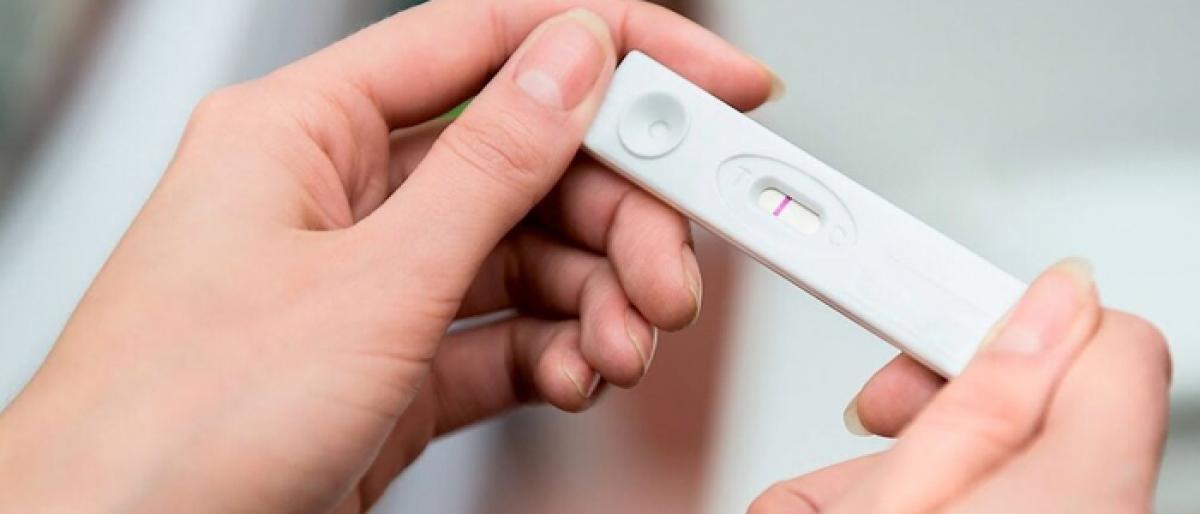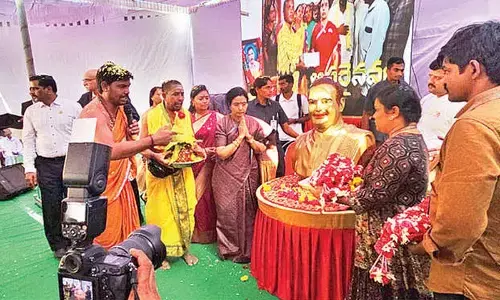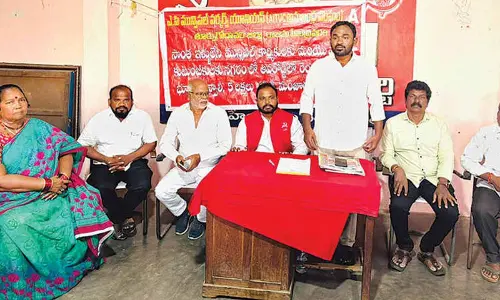Ovarian aging, a cause of worry in women

Infertility has become an increasing concern in the present generation It is more prominent in urban areas than in rural population It is observed that 20 per cent of couples are having difficulty in achieving pregnancy normally and it has become necessary to have awareness on fertility and reasons of its failure
Infertility has become an increasing concern in the present generation. It is more prominent in urban areas than in rural population. It is observed that 20 per cent of couples are having difficulty in achieving pregnancy normally and it has become necessary to have awareness on fertility and reasons of its failure.
“Infertility is no exception among male or female these days and it was found that ovarian aging, environmental factors and lifestyle reflect the raise in infertility these days,” says Dr Durvasula Ratna of Rainbow Hospitals, Vijayawada.
“In the context of fertility, ovarian reserve is an important concept and in simple terms it is the power an ovary has or the fertility potential of a woman. This ovarian age is different from a woman’s chronological age.”
She adds, “It has been proved in a study that Indian women age five to six years earlier than western women.”
“It is as though Indian women are designed to start and finish child bearing by 30 years in the present circumstances and the frightening fact is that, there are no symptoms of ovarian aging. A few women may experience shorter cycles 20 to 25 days or scanty cycles.”
The doctor said that women are at high risk with family history of ovarian failure (premature menopause), ovarian surgery for cysts, smoking, prolonged use of contraceptive pills and chemotherapy or radiotherapy for cancer treatment.
She insists that counselling should be taken before the problem arises besides fertility awareness programmes that should be organised for women between 23 to 29 years and educating college girls on the importance of fertility.
“Over a period of time there has been a positive change in the society and people are accepting IVF treatments which have also become more patient-friendly with improved successful rates. In the past four decades, there has been a considerable change towards IVF treatments,” states Dr Ratna.


















